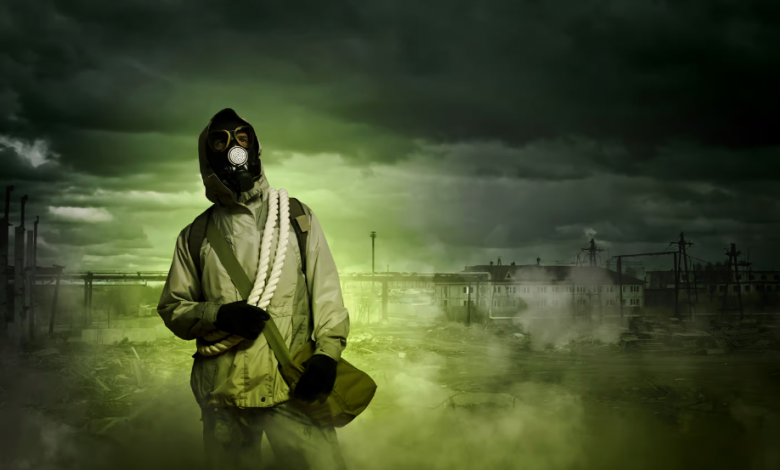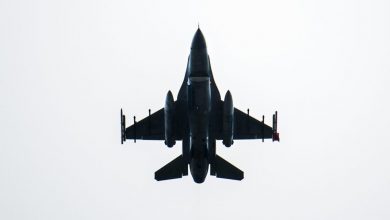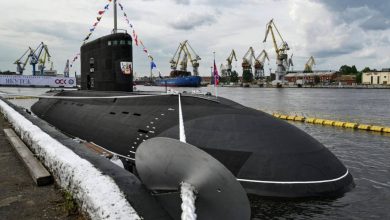Analysis: What are ‘dirty bombs’ and how dangerous are they?

Dirty bomb is weapon that combines conventional explosives like dynamite, radioactive material
The Russian Defense Ministry last week claimed that Ukraine is planning to use a “dirty bomb” with an aim to blame the resulting radioactivity contamination on Moscow.
The claim was rejected by Ukraine, as well as the US, UK, and France in a joint statement released on Oct. 23, 2022.
A dirty bomb, also known as a radiological dispersal device, is a weapon that combines conventional explosives like dynamite and radioactive material such as uranium.
The aim of such a device is to scatter radioactive material into the surrounding area in which it explodes, thus causing contamination within the blast radius.
The term “dirty bomb” is sometimes mistaken for other explosive devices, especially nuclear weapons. However, nuclear weapons involve the splitting of atoms, resulting in a huge release of energy.
Dirty bombs have a much smaller blast radius and intend to scatter radioactive dust, smoke, or other material rather than primarily destroying infrastructure.
Based on research conducted by nuclear institutions like the US Nuclear Regulatory Commission, the detonation of a dirty bomb would not release enough radiation to kill people or cause severe illness.
Compared to conventional explosives, dirty bombs are said to be less harmful to people. However, they are noted to be efficient in spreading fear and panic.
The environmental hazard caused by dirty bombs can potentially result in the need for large-scale cleanups that can be financially costly.
The extent of the contamination caused by the blast of a dirty bomb depends on numerous factors, including the size of the explosives, the amount and type of radioactive material used and weather conditions where the blast took place, according to researchers.
The use of a “dirty bomb” has never been recorded, although efforts to combat or use such devices have been reported in the past.
Israel carried out a series of tests in the desert in conjunction with a four-year project at the Dimona nuclear reactor to measure the damage and other implications of the detonation of a dirty bomb, Haaretz newspaper reported on June 8, 2015.
In 1995, Chechen rebels planted but failed to detonate a dirty bomb in Moscow’s Ismailovsky Park.
Furthermore, the US arrested Jose Padilla, an alleged al-Qaeda operative, for plotting to build and detonate a dirty bomb in an American city in 2002.





